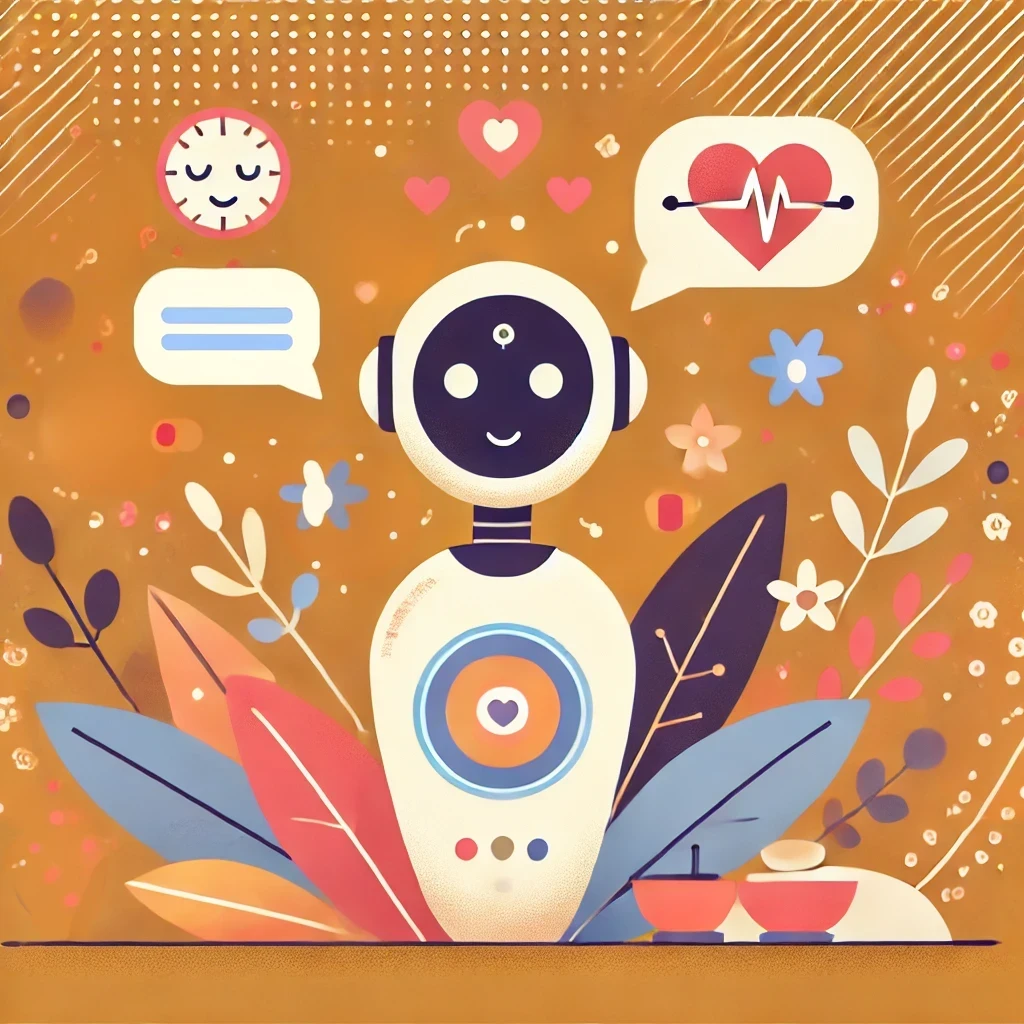Mental health is a critical aspect of overall wellbeing, yet access to professional therapy and mental health resources can be limited for many individuals. In recent years, artificial intelligence (AI) has emerged as a transformative tool in the mental health space, providing innovative ways to offer support, guidance, and coping strategies. Among the advancements in AI, GPT (Generative Pre-trained Transformer) stands out as a powerful solution for creating applications and tools aimed at therapy, stress management, and emotional resilience. This article explores how GPT is contributing to the mental health field and what it means for the future of emotional wellbeing.
The Need for Accessible Mental Health Solutions
Mental health challenges affect millions of people worldwide, and the demand for accessible, affordable, and scalable solutions has never been higher. Common barriers to traditional therapy include:
– Cost: Professional therapy can be expensive and out of reach for many individuals.
– Stigma: Cultural or societal stigma may prevent people from seeking help.
– Availability: Limited numbers of trained therapists lead to long wait times, particularly in underserved areas.
GPT-based tools address these barriers by offering accessible, round-the-clock support that complements traditional therapy methods or serves as an initial point of contact for those in need.
Applications of GPT in Mental Health
GPT technology powers a range of mental health applications designed to provide support, education, and resources. Here are some key areas where GPT excels:
1. Conversational Support
One of GPT’s primary strengths is its ability to simulate human-like conversations. This makes it an ideal tool for creating chatbots and virtual assistants that offer empathetic, nonjudgmental support. For example:
– Stress Management: GPT-powered apps like Woebot provide users with a safe space to share feelings, offering suggestions for managing stress and anxiety.
– Immediate Assistance: Virtual chatbots can guide users through breathing exercises or grounding techniques during panic attacks.
– Emotional Check-Ins: GPT can engage users in daily conversations, helping them reflect on their moods and identify patterns in emotional triggers.
2. Psychoeducation and Self-Help Resources
GPT can serve as an educational tool, helping users understand mental health concepts and providing actionable advice. Examples include:
– Guides and Tips: Creating easy-to-understand explanations of topics like cognitive-behavioral therapy (CBT) or mindfulness.
– Interactive Lessons: Delivering personalized self-help courses based on the user’s specific concerns, such as improving sleep or coping with loss.
– Symptom Tracking: Helping users monitor symptoms over time and offering evidence-based suggestions for improvement.
3. Supporting Therapists and Coaches
GPT doesn’t replace human therapists but acts as a valuable assistant. For instance:
– Session Preparation: Summarizing client notes and identifying trends in their progress.
– Resource Generation: Suggesting exercises or homework tailored to a client’s needs.
– Burnout Reduction: Automating administrative tasks, allowing therapists to focus on client care.
4. Crisis Intervention
In situations where immediate support is needed, GPT-powered tools can provide life-saving assistance. For example:
– Suicide Prevention: Chatbots can connect users to emergency resources or guide them to contact crisis hotlines.
– De-escalation Techniques: Using calming and supportive language to help users in distress regain control.
Benefits of GPT in Mental Health Applications
The integration of GPT in mental health tools offers several advantages:
– Accessibility: Available anytime and anywhere, GPT-powered apps ensure support is always within reach.
– Scalability: AI tools can serve a large number of users simultaneously, addressing shortages in mental health professionals.
– Personalization: GPT adapts to individual users, delivering tailored advice and interventions.
– Nonjudgmental Environment: Users can express themselves freely without fear of stigma or judgment.
Challenges and Ethical Considerations
Despite its potential, the use of GPT in mental health comes with challenges that must be addressed:
– Accuracy: Ensuring that GPT provides evidence-based, reliable advice is crucial to avoid misinformation.
– Data Privacy: Protecting sensitive user data is essential for maintaining trust and adhering to regulations like GDPR.
– Ethical Boundaries: Clear guidelines are needed to define the role of AI in therapy and ensure it complements, rather than replaces, human professionals.
Future Directions
The future of GPT in mental health is promising, with potential advancements including:
– Multilingual Support: Breaking down language barriers to make mental health resources universally accessible.
– Enhanced Emotion Recognition: Improving AI’s ability to detect subtle emotional cues for more effective interventions.
– Integration with Wearables: Combining GPT with devices that monitor physical indicators of stress or anxiety, such as heart rate or sleep patterns.
Conclusion
AI, and specifically GPT, is playing an increasingly important role in supporting mental health. By providing accessible, scalable, and personalized tools, GPT-powered applications offer valuable resources for individuals and professionals alike. While these tools are not a substitute for traditional therapy, they serve as a complementary solution that enhances emotional wellbeing and expands access to care. As the technology continues to evolve, GPT holds the promise of making mental health support more inclusive, efficient, and impactful than ever before.



promising alternative for individuals who face barriers to traditional therapy
It’s interesting that AI can be the first step to therapy, especially for those who can’t afford sessions. But, of course, a real therapist is irreplaceable
Hope he dont start tellin me take drugs 💀
AI for mental health? 🤔💚 GPT helping people? Interesting. Not a replacement for therapy, though! Important to remember. 👍
Lmao, people really forget an ai aint got nothin on a real doctor
sounds sketch. can a bot really help? 🤔
a robot therapist?! 💀 can it really help?
i hope, what this really can help someone😀
gpts therapy? sus how the hell can ai understand people?
gpts therapy helpful 🤔 but aint real therapist tho